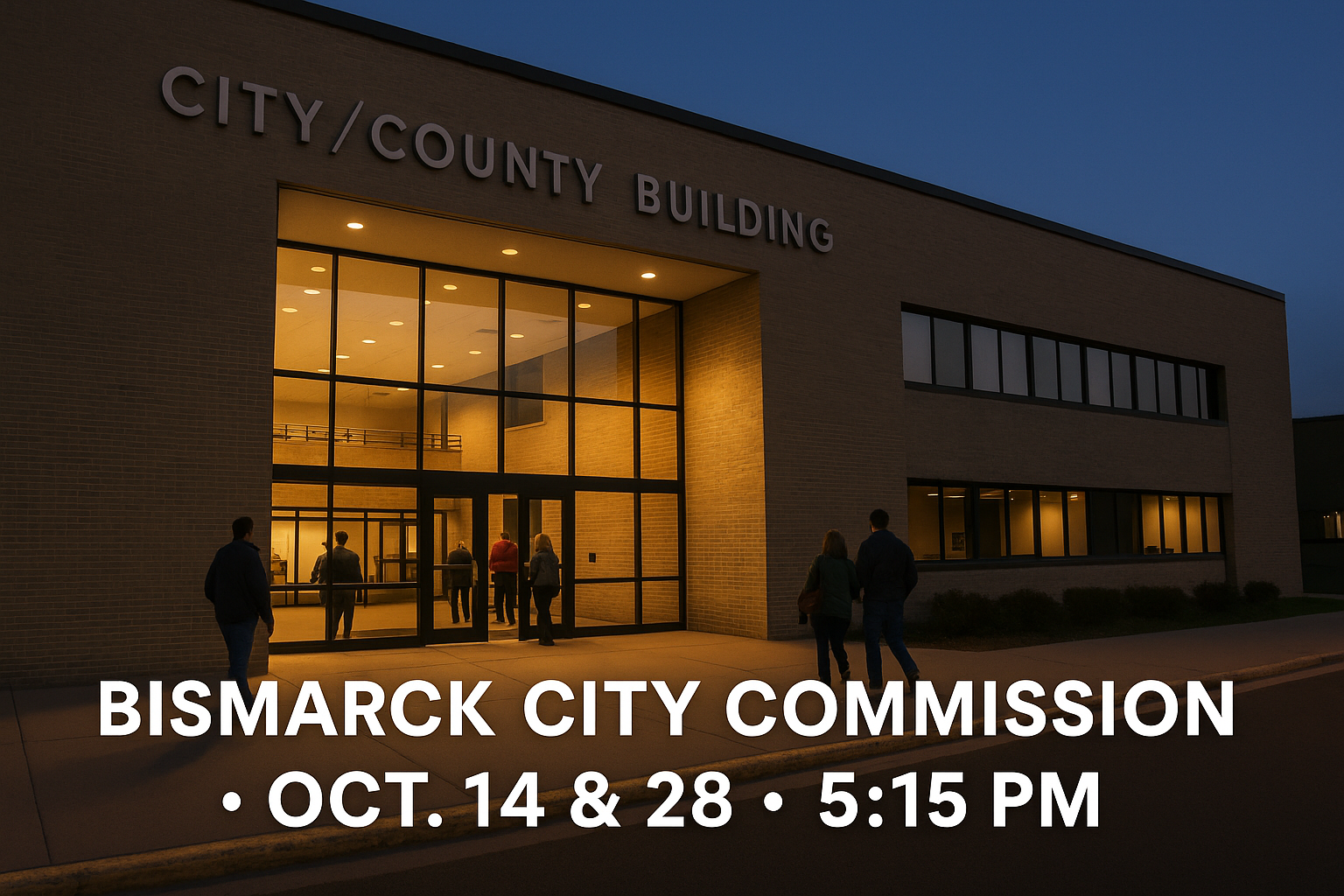A new $8.2 million federal grant has been awarded to Bismarck (via North Dakota’s state water programs) to overhaul aging water mains, improve treatment capacity, and bolster flood protections along the Missouri River corridor.
This infusion comes as part of a larger state-level cost-share push by the North Dakota State Water Commission, which recently approved $17 million in funding for water projects statewide.
Bismarck’s share is being earmarked for replacing corroded pipes in older neighborhoods, reinforcing levees near riverfront estates, and upgrading treatment plants to meet stricter PFAS / emerging contaminant standards.
The timing is critical: with federal relief and infrastructure funds in flux, local infrastructure aging, and climate shifts driving more erratic flooding, Bismarck must act now to avoid future failures or boil-water orders.
North Dakota’s Legislature also reacted recently after the federal government pulled back on some disaster grants — the Senate inserted state funds to backfill wastewater projects in rural towns.
The Bismarck project is part of this surge to shore up local resilience.
Bismarck’s water utility director, Marcia Holt, noted, “This grant lets us tackle projects we’ve deferred for too long — we’re talking 1950s era mains — without burdening ratepayers.” Meanwhile, State Water Commission Director Reice Haase added, “Our goal is to strengthen every community’s backbone — water is the most fundamental.”
Experts say that under programs like the Clean Water State Revolving Fund (CWSRF) and Drinking Water SRF, municipalities receive favorable loan terms or grants to modernize water infrastructure across the U.S.
What This Means for Bismarck Residents
Fewer outages & leaks: Some of Bismarck’s most failure-prone mains, especially in North Bismarck and the Riverside districts, are first in line for replacement.
Better water quality: Upgrades to treatment will enhance filtration and reduce risks from PFAS and nitrates.
Rate impacts minimized: Because the bulk cost is covered via grant, the burden on monthly water bills should be modest or delayed.
Flood resilience: Reinforced levees and buffer systems aim to protect riverside neighborhoods from high Missouri River events.
This federal grant marks a turning point for Bismarck’s water infrastructure. By pairing state and local efforts with timely federal support, city leaders hope this will be the catalyst for a safer, more dependable water future for all residents.



